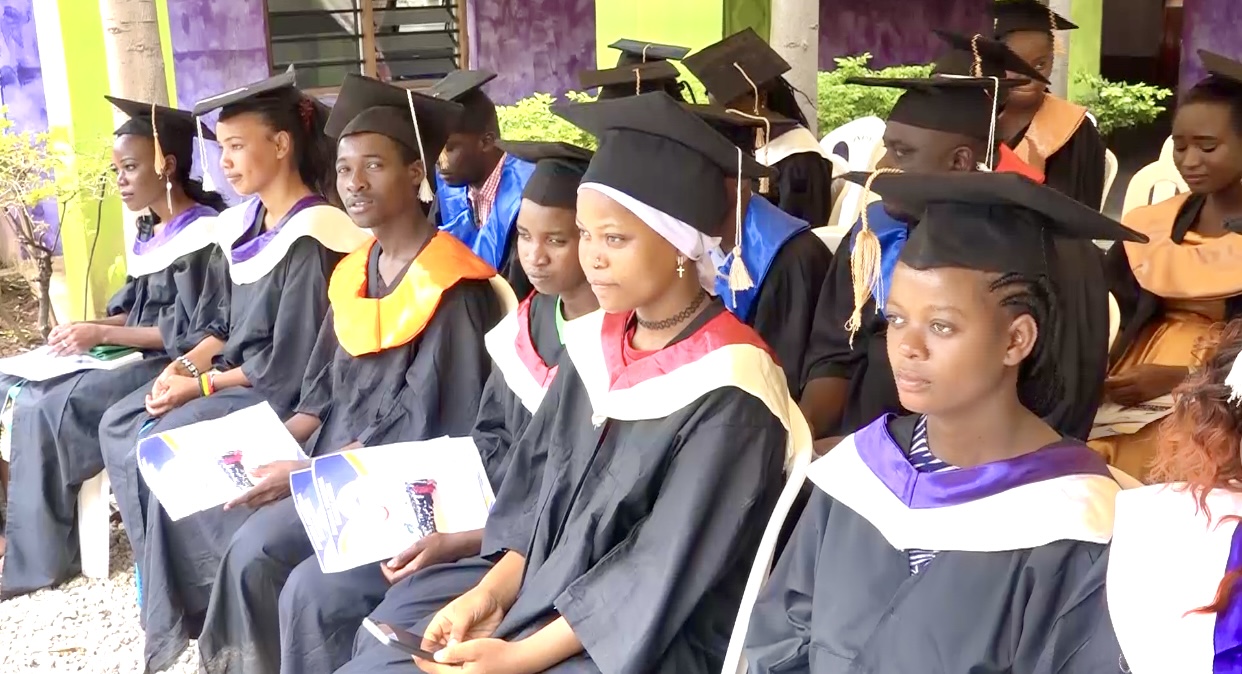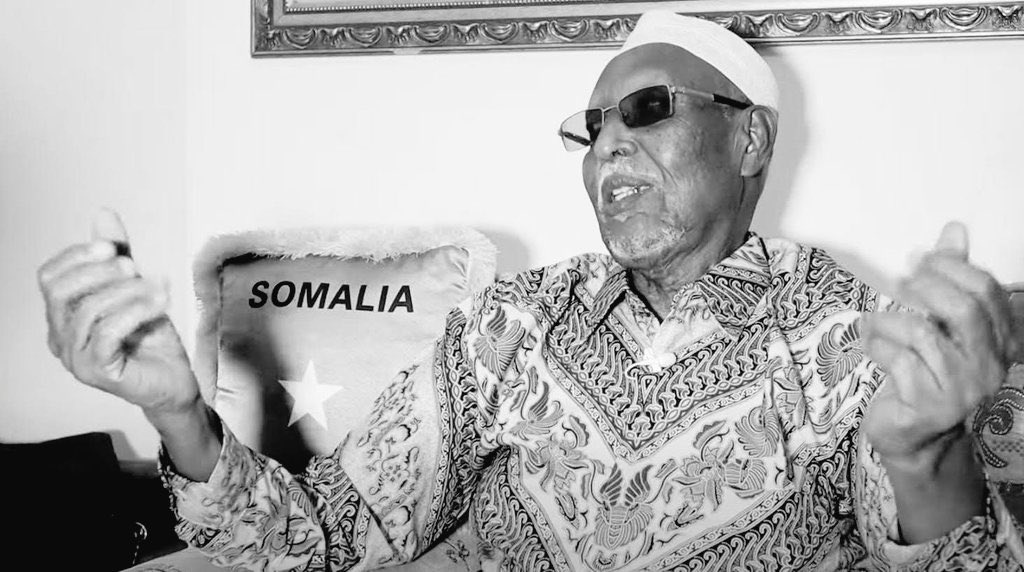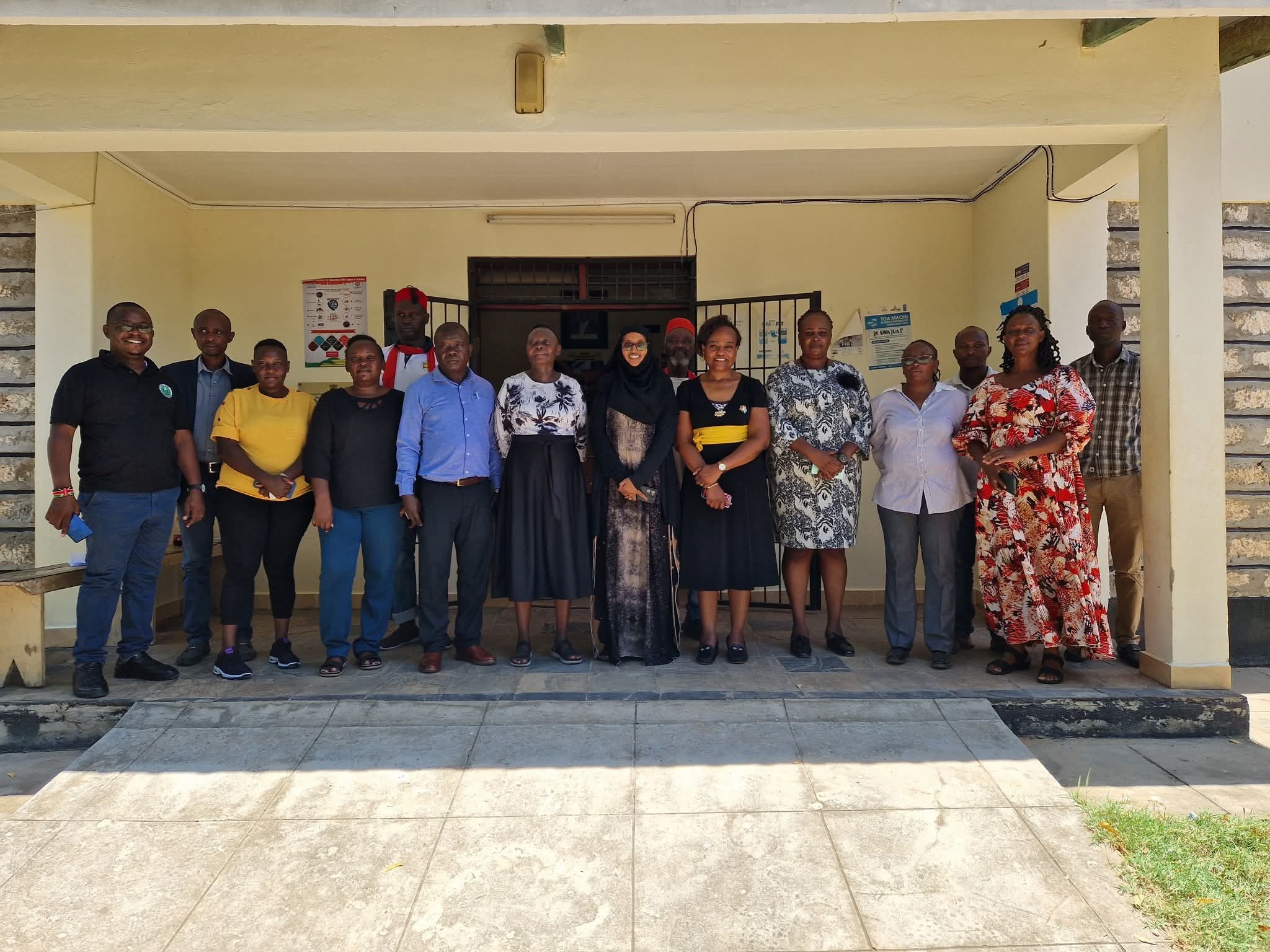Kilifi vocational schools struggle with dropout rates, call for govt action

The national and county governments have been instructed to prioritise hiring graduates with technological skills so that they can grow in life.
Kilifi County is experiencing a concerning trend in which a considerable percentage of young males drop out of vocational institutions.
Salome Mwachilumo, an official overseeing vocational institutions in the Magarini area has encouraged young people to enrol in these institutions and complete their courses so that they might gain vital skills.
"Girls make up a large proportion of those who complete the course. Boys participate, but after learning some skills, they do not complete the program and do not take the final national exam, reducing their prospects of acquiring a job. My advice to our boys in Kilifi County is to attend these vocational training centres because it will help them secure their futures," she said.
In light of this, the national and county governments have been instructed to prioritise hiring graduates with technological skills so that they can grow in life.
Stakeholders in the vocational sector point out that graduates, while having acceptable abilities, frequently struggle due to a lack of job possibilities.
Parents have also been encouraged to enrol their children, as education stakeholders emphasise the necessity of government and organisational support in employing these young people to improve their livelihoods.
Cynthia Noti, an education sector stakeholder, stated, "We encourage parents to explain to their children that even if they have not completed higher levels of education, basic skills training is beneficial. Our pupils have launched salons and tailoring shops across Malindi and neighbouring regions. My request to the government is that it support these young people when they graduate. What procedures have they put in place to ensure that they find work after training?"
Graduates, led by Anthony Sila, have echoed these sentiments, calling for actions to boost the nation's economy by increasing work possibilities. "Students at vocational training schools have studied a variety of trades, including electrical work and hairdressing. I want the government to identify these schools and prioritise us students for job chances. Sila added that work does not have to be done abroad; given that there are employment opportunities locally.
Fatma Kassim, a Kilifi youth, continued, "I urge the government to employ the girls who have studied hairdressing, beauty, and tailoring so they can advance in life."
Other Topics To Read
Top Stories Today











































